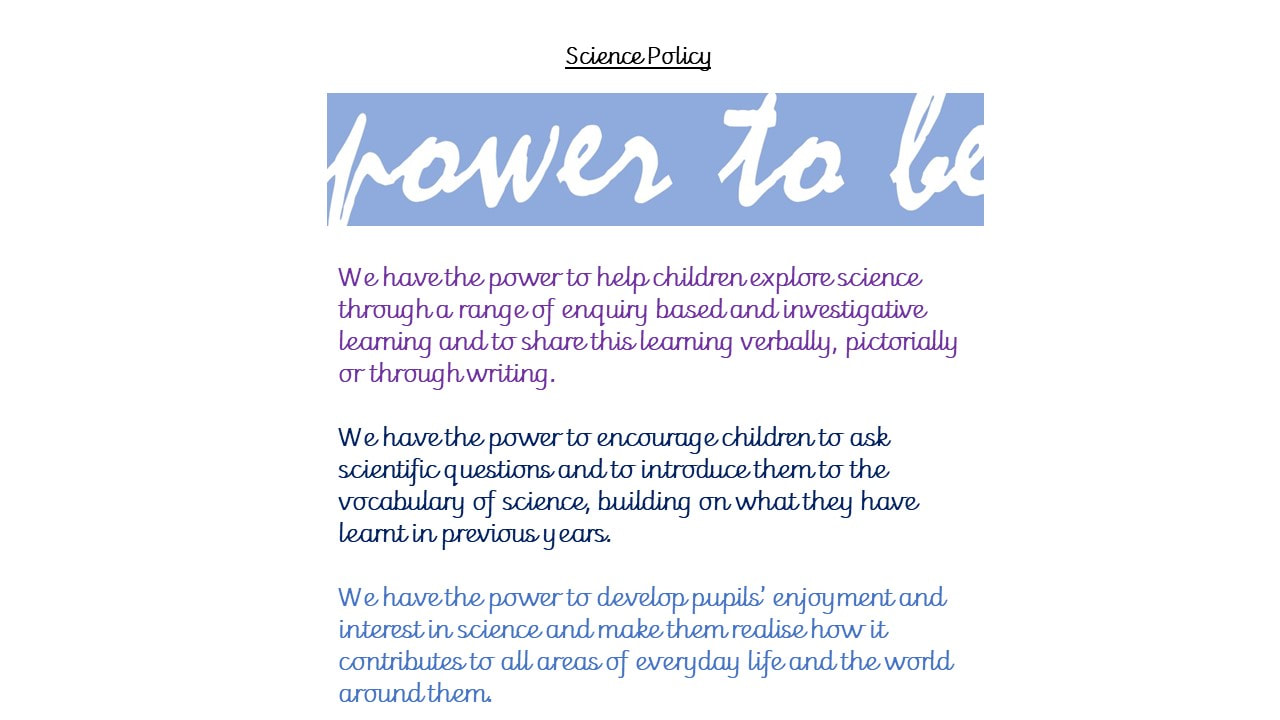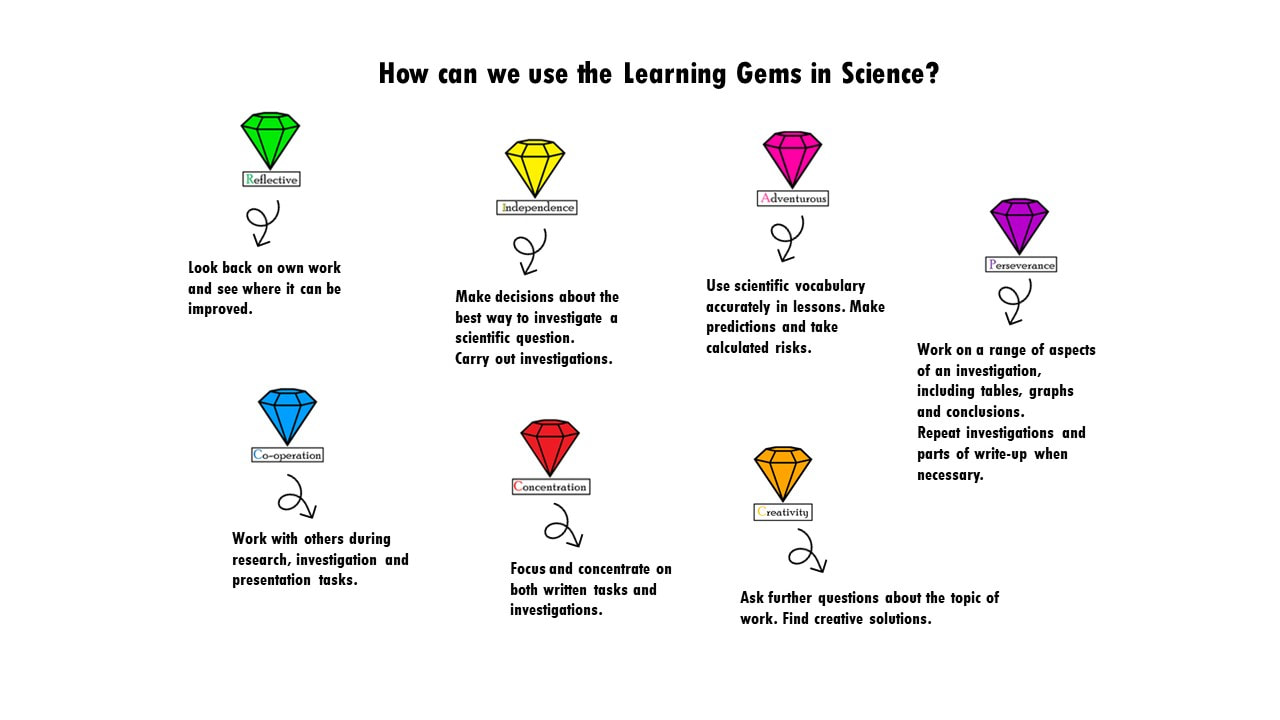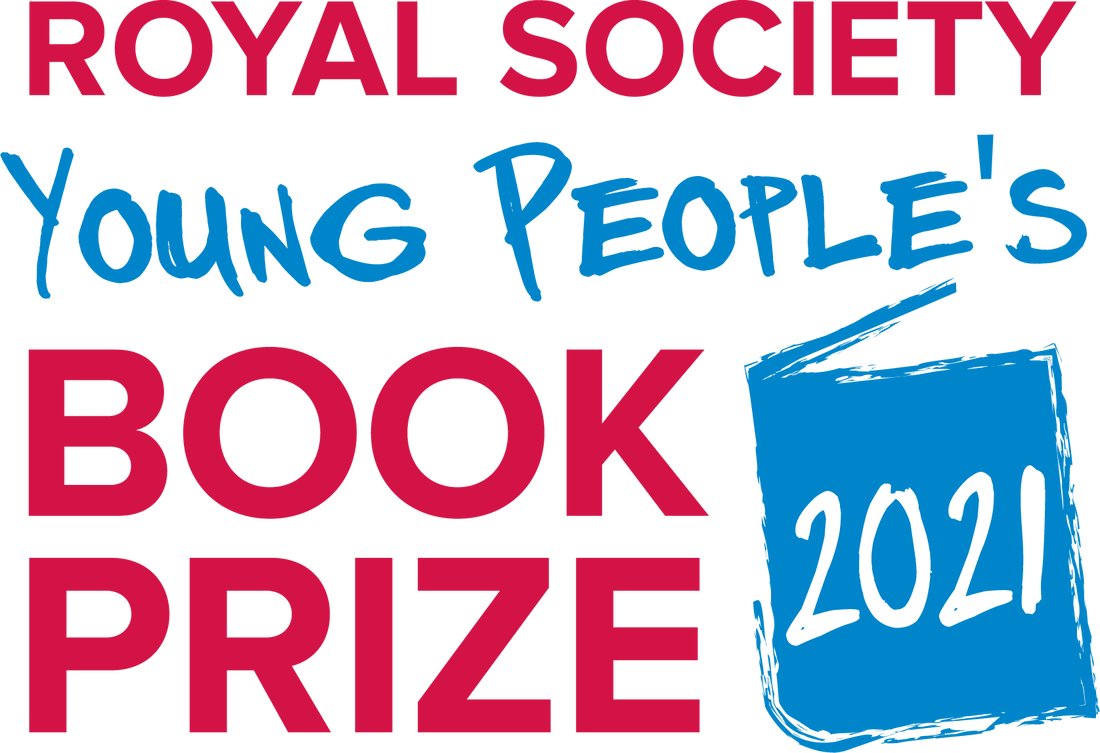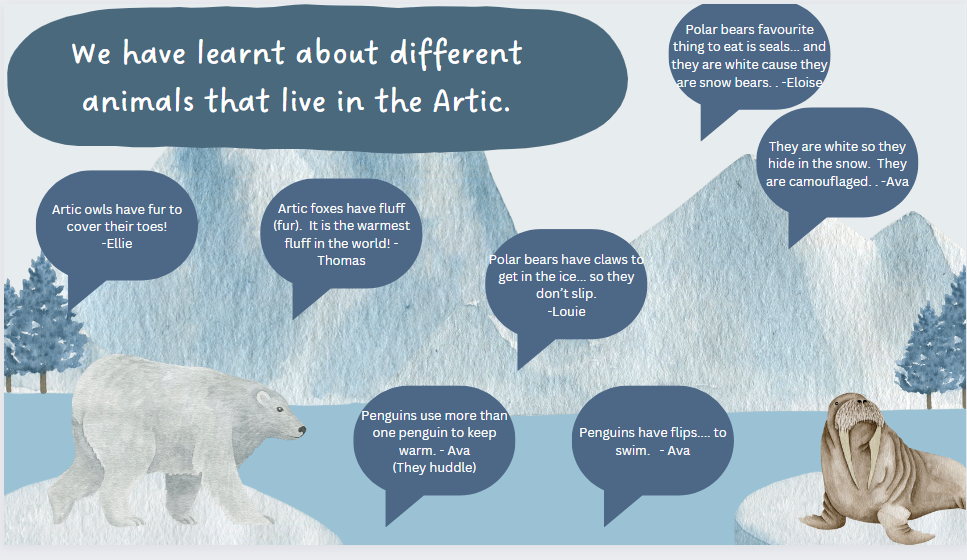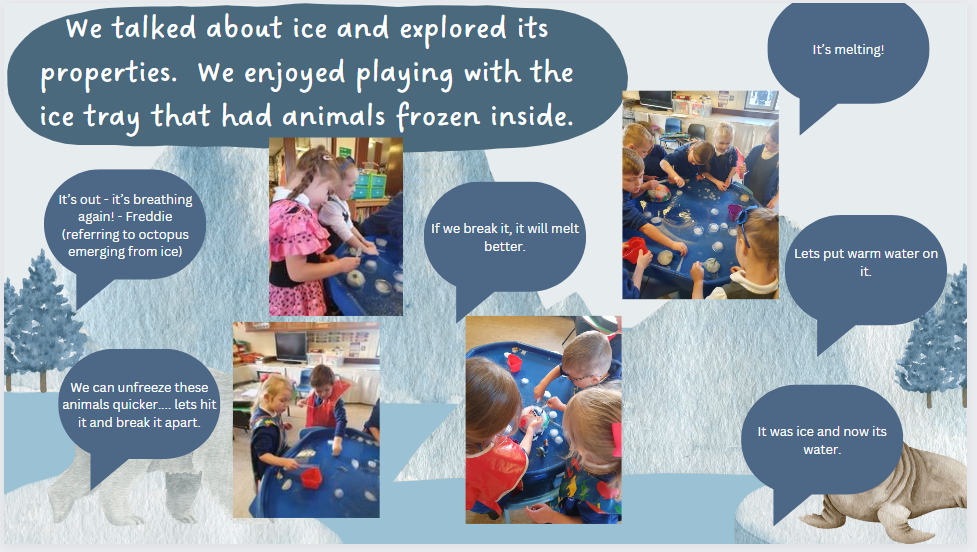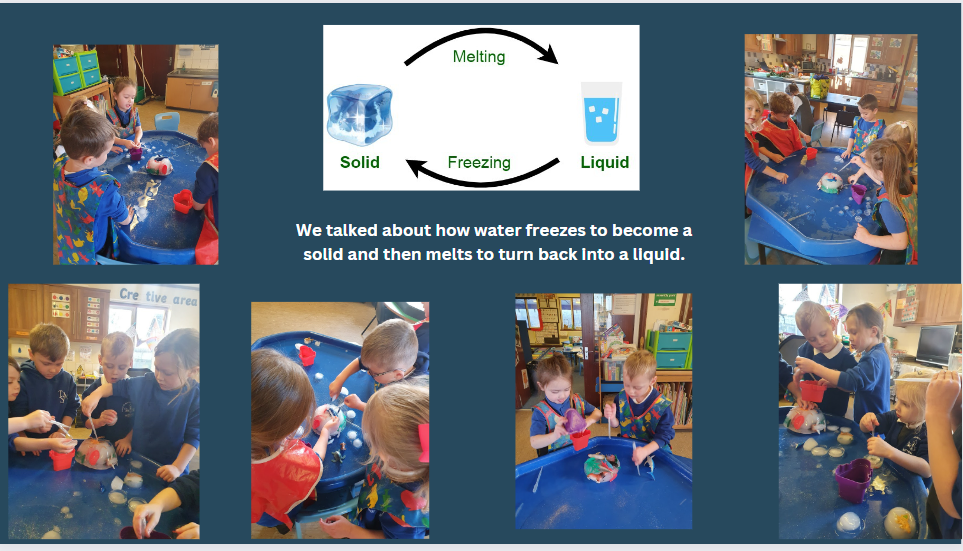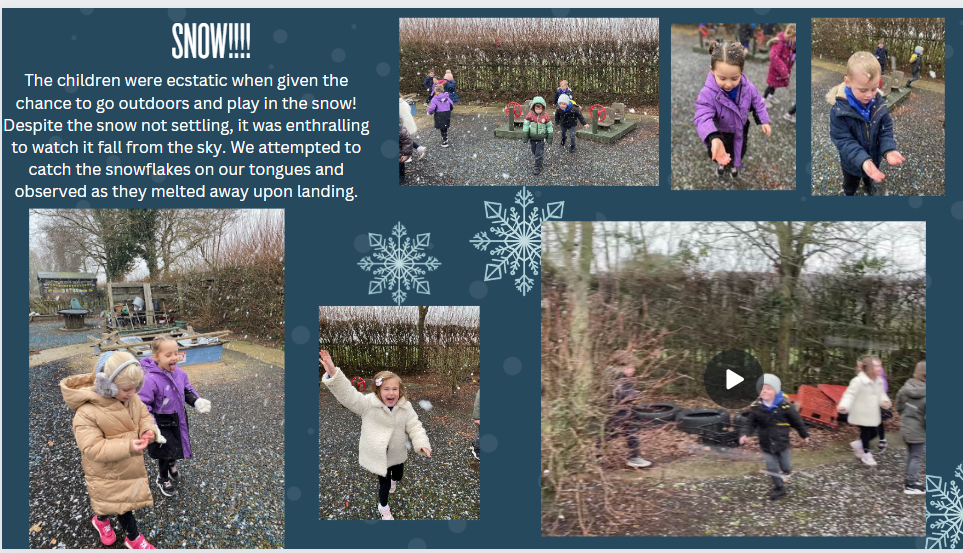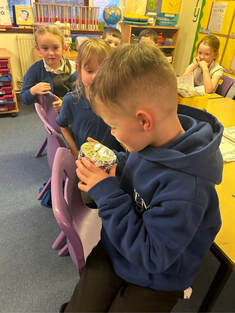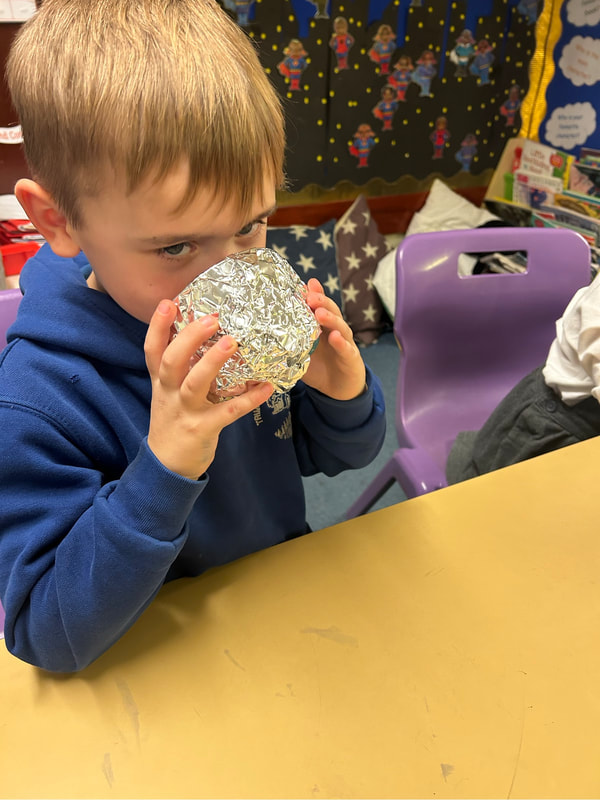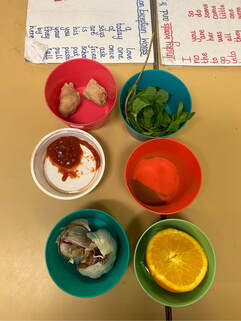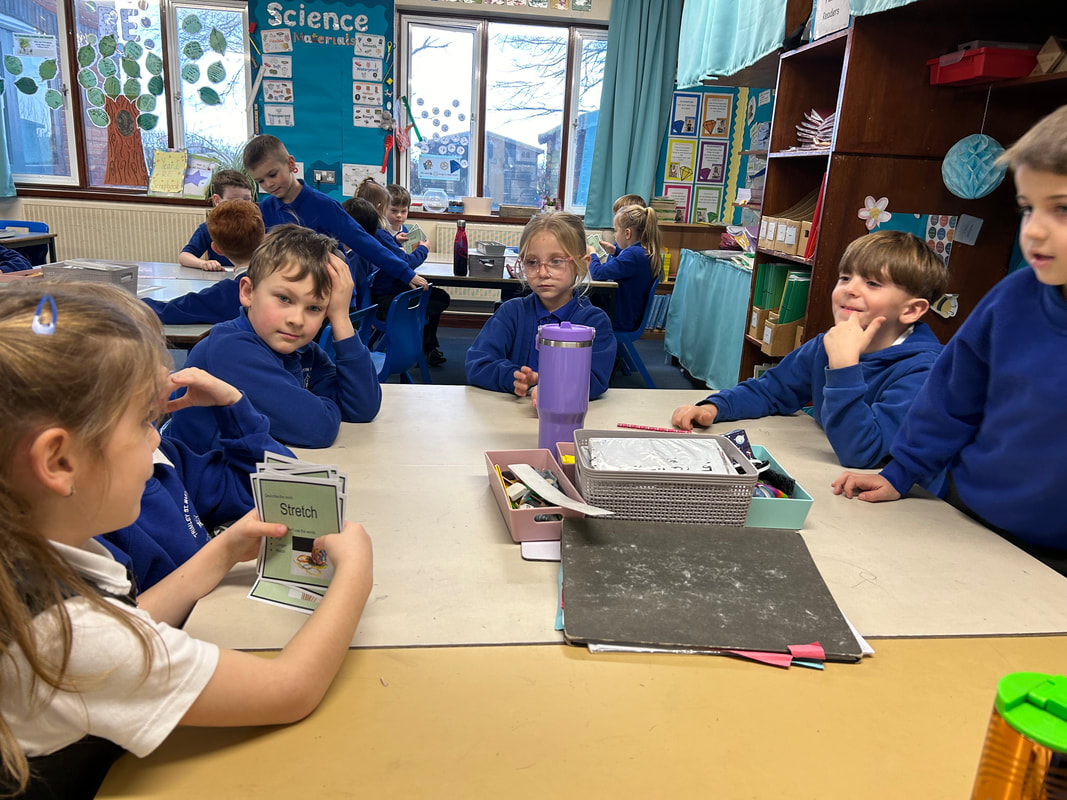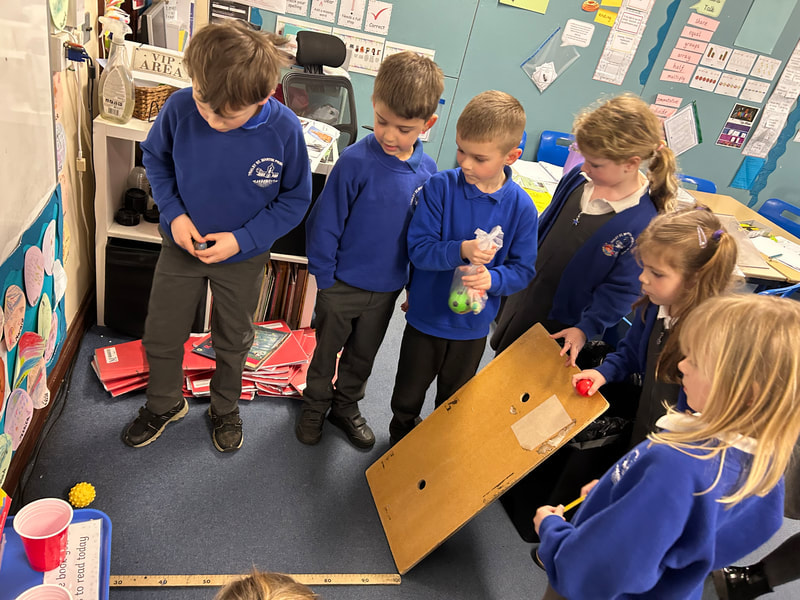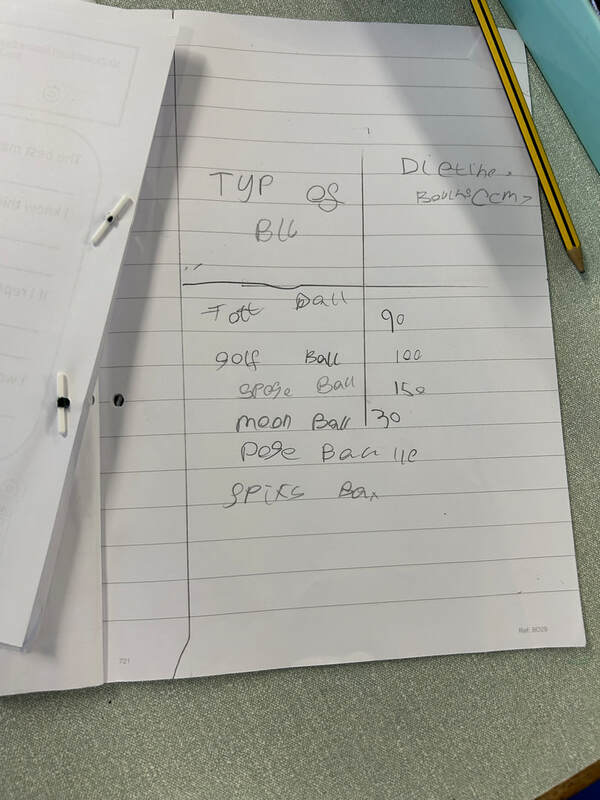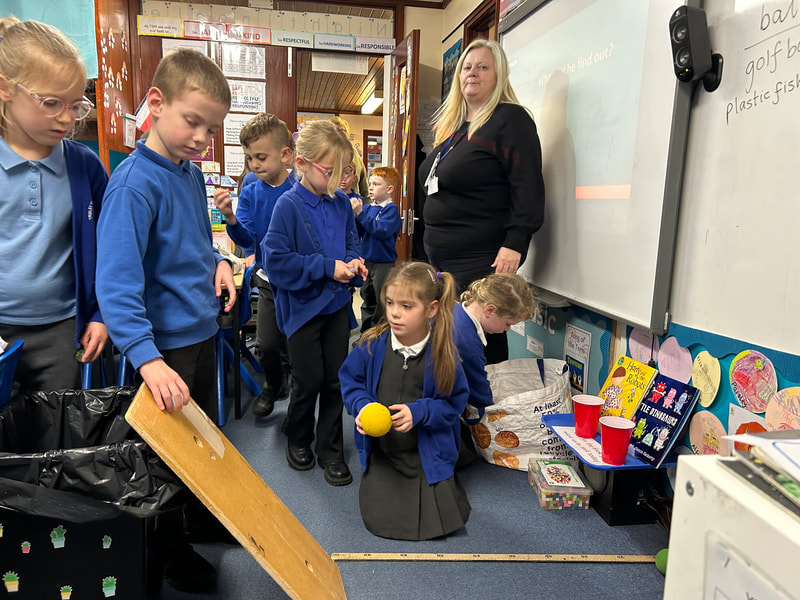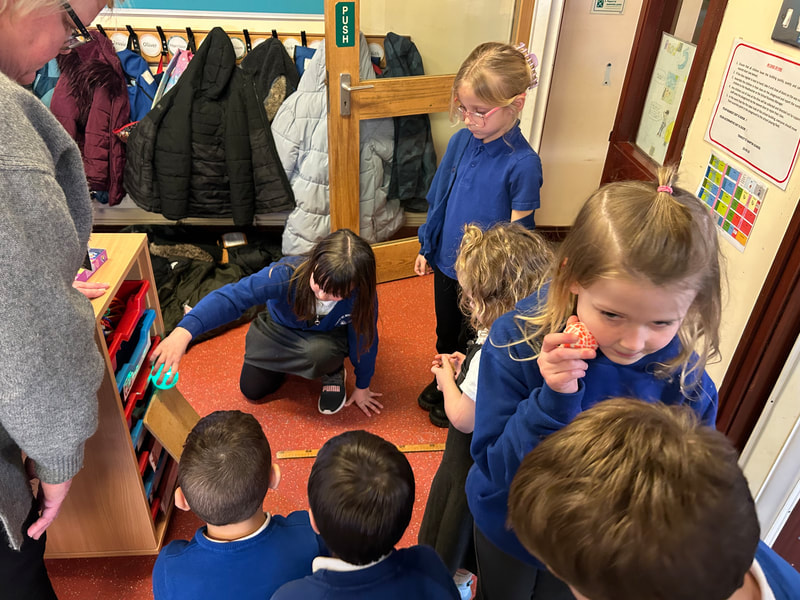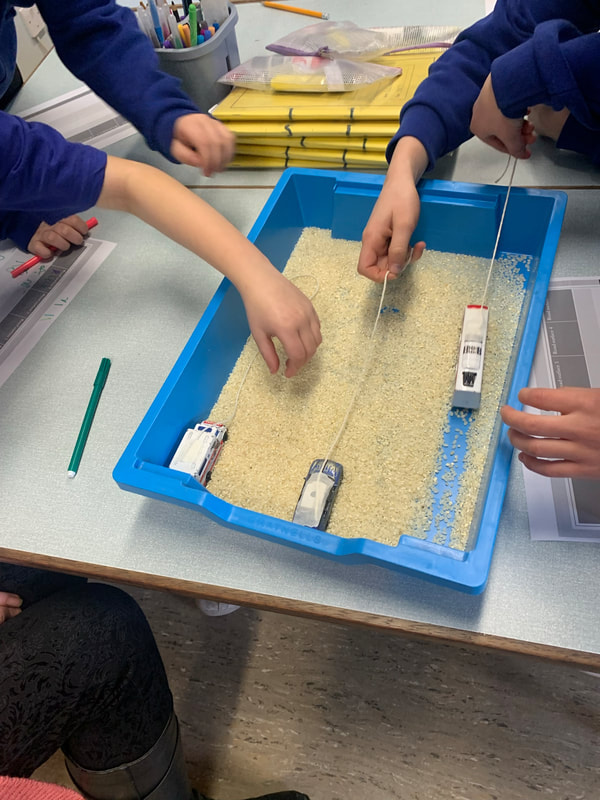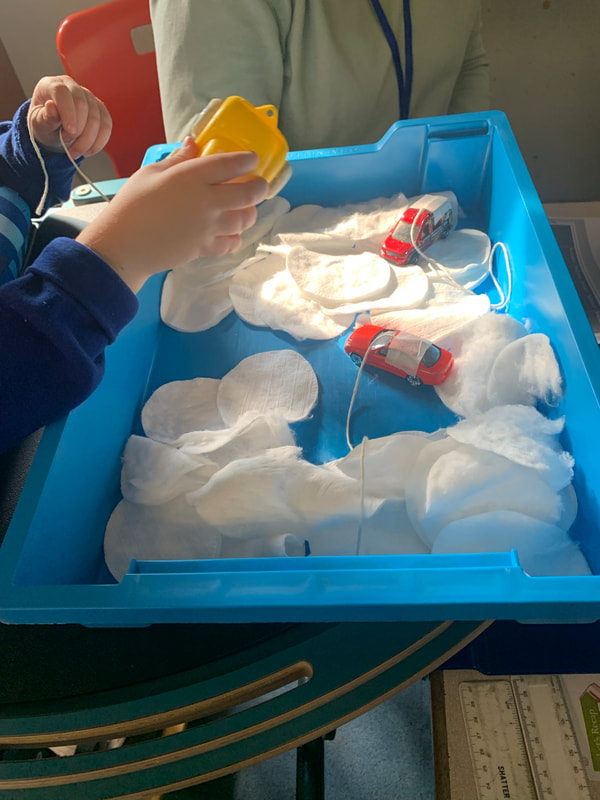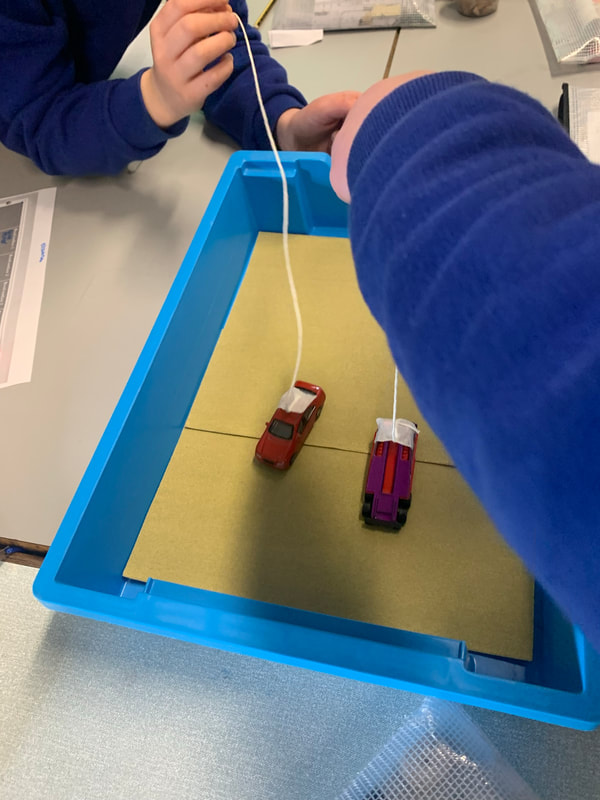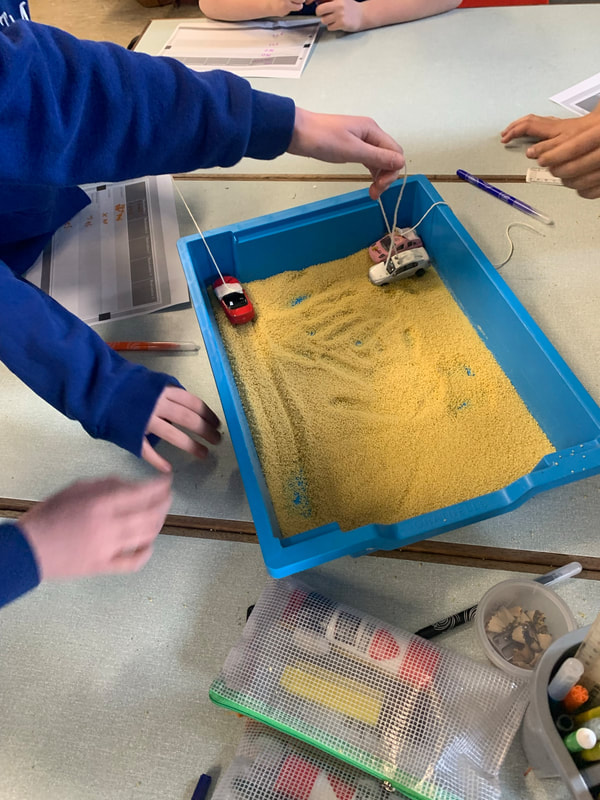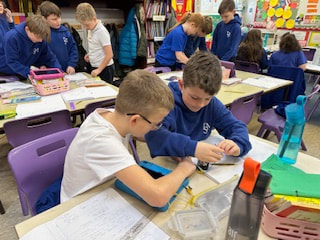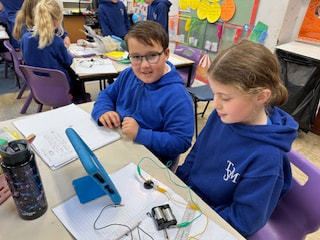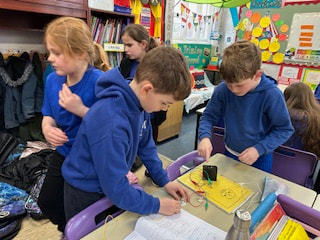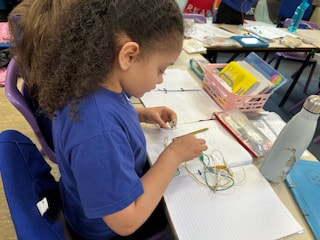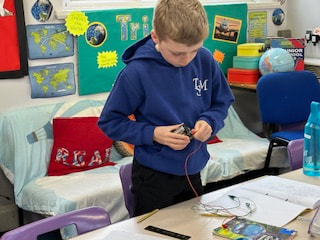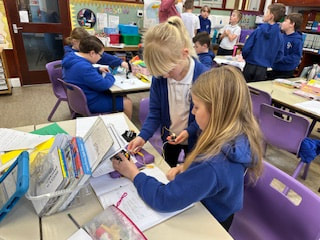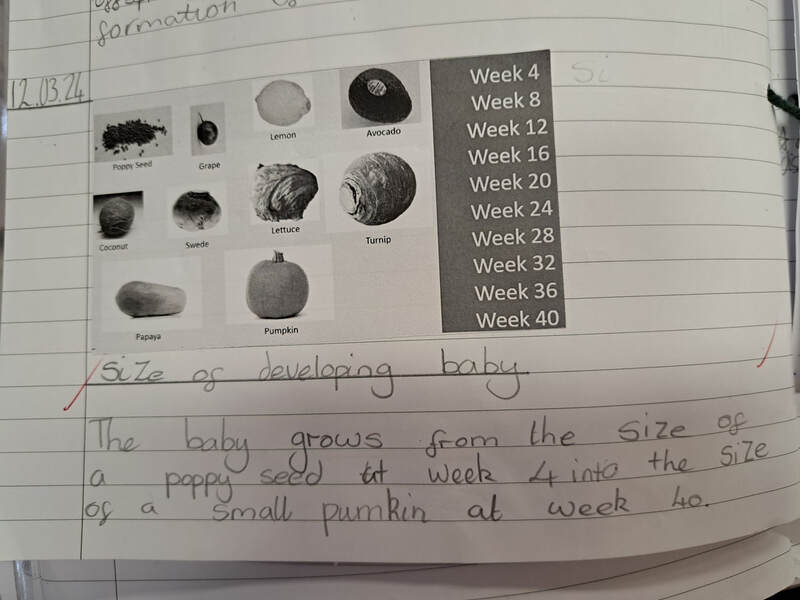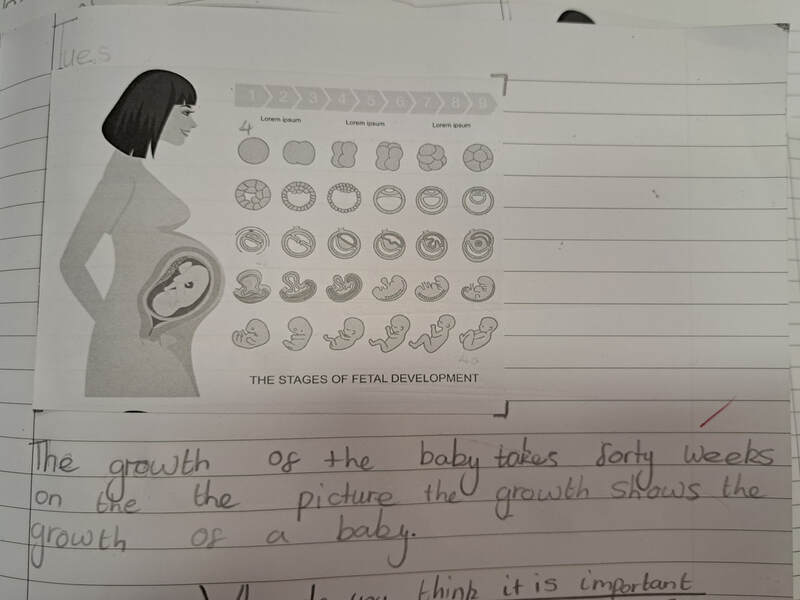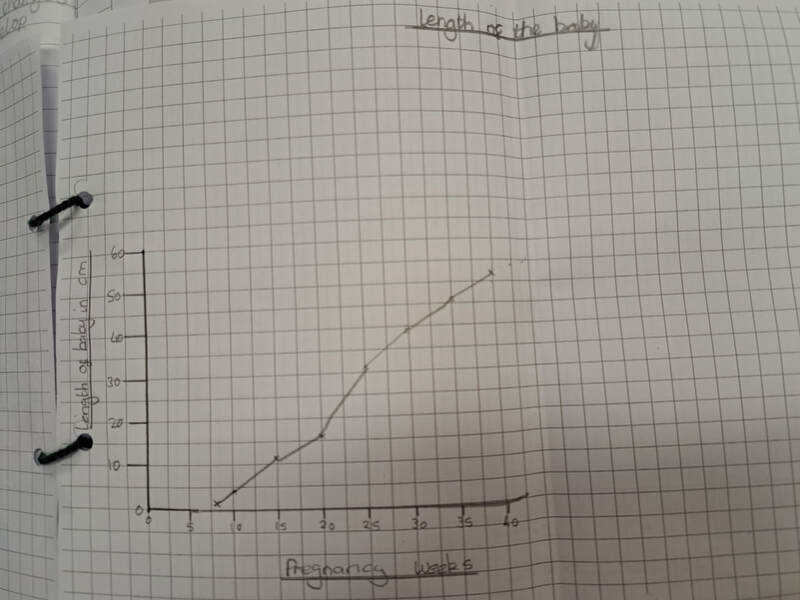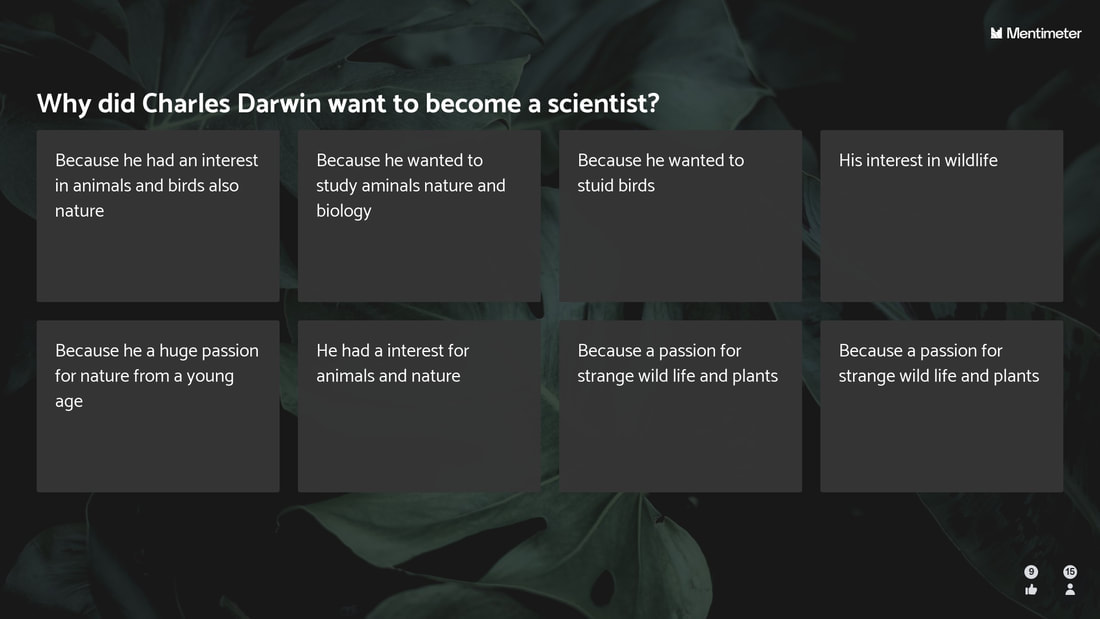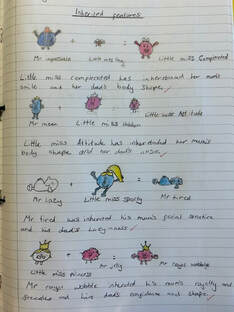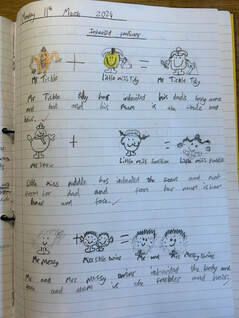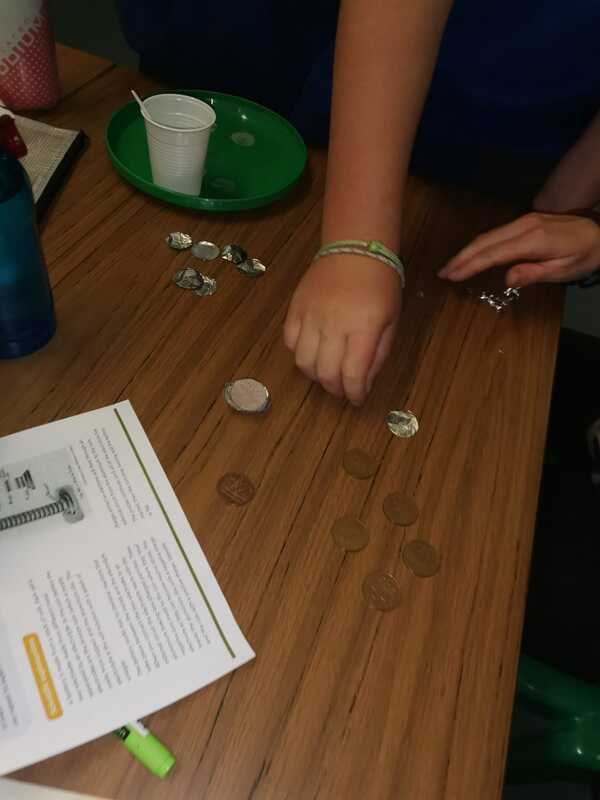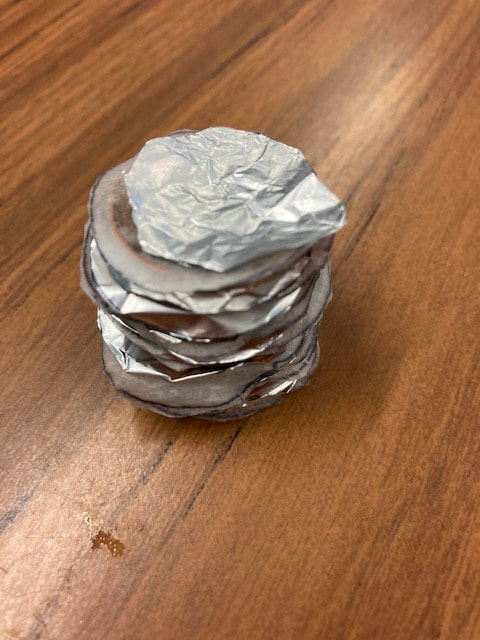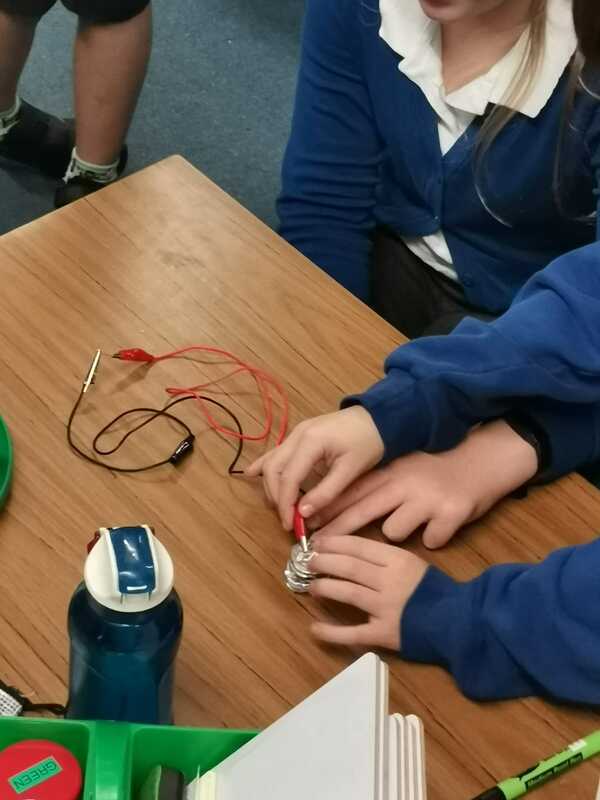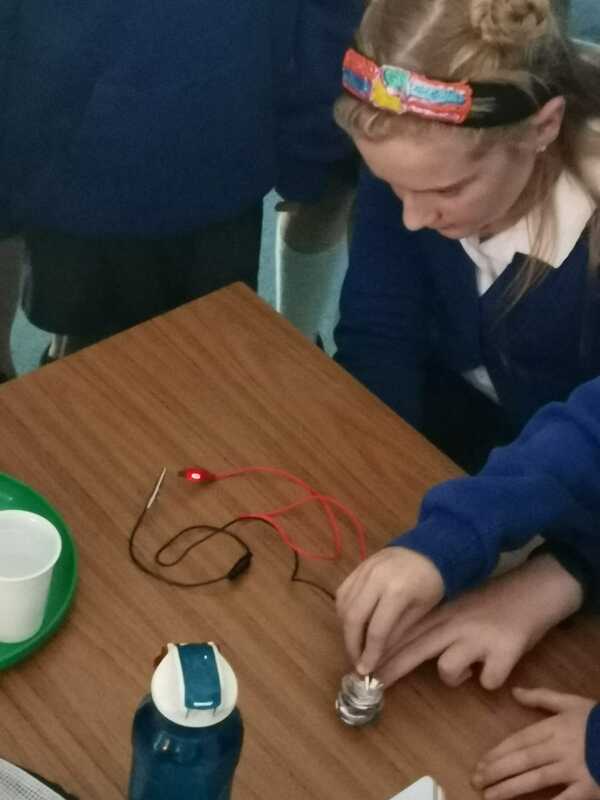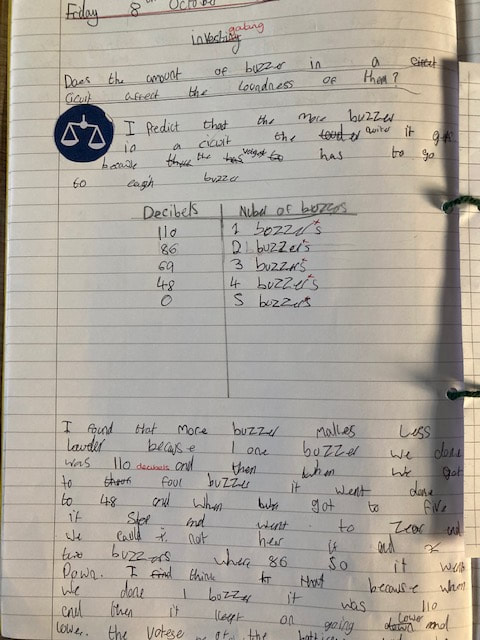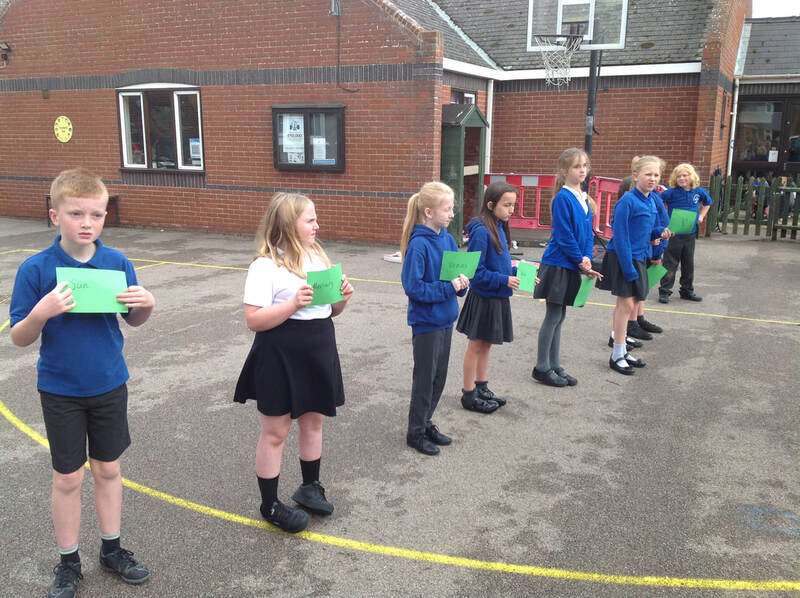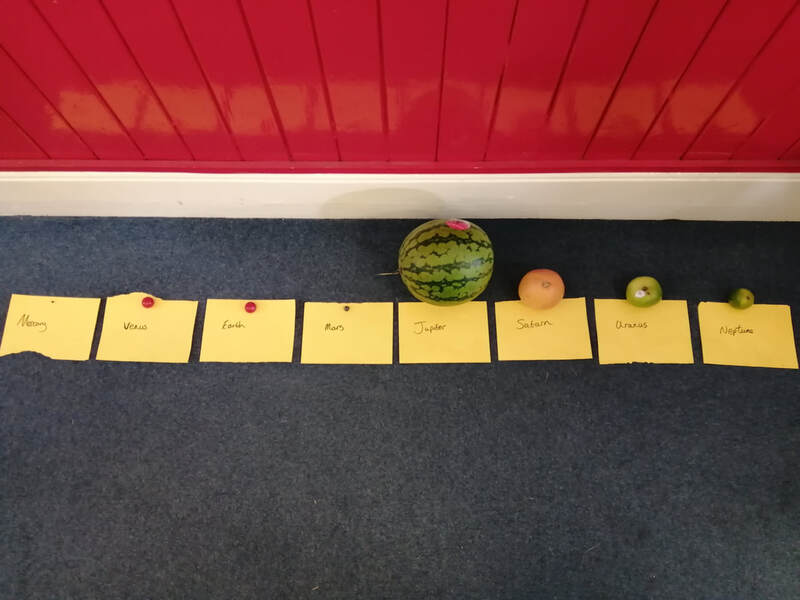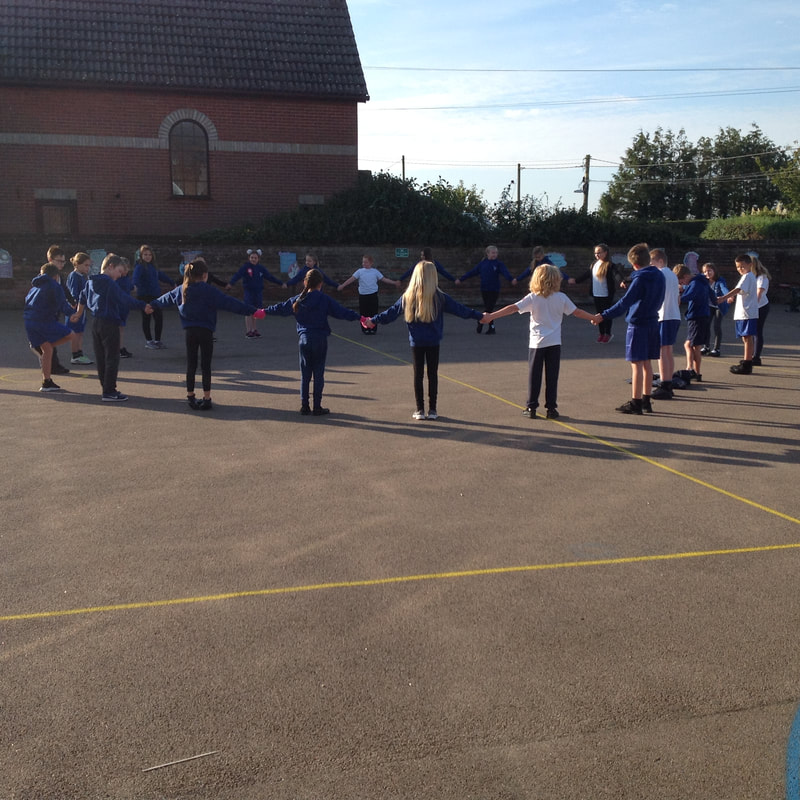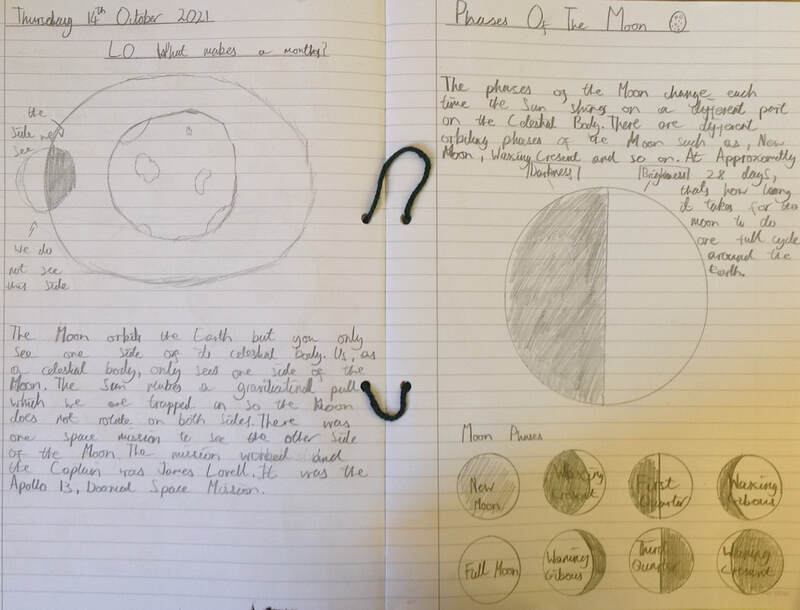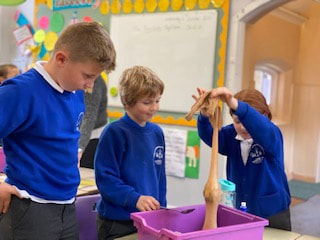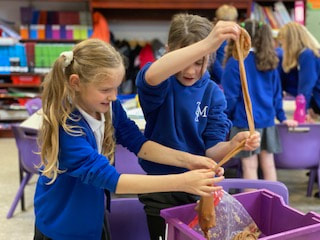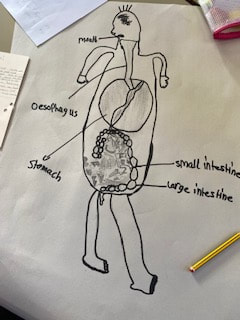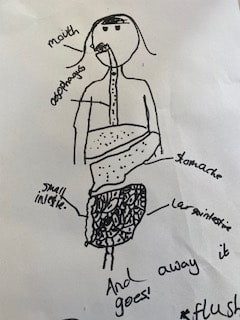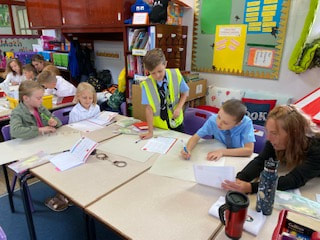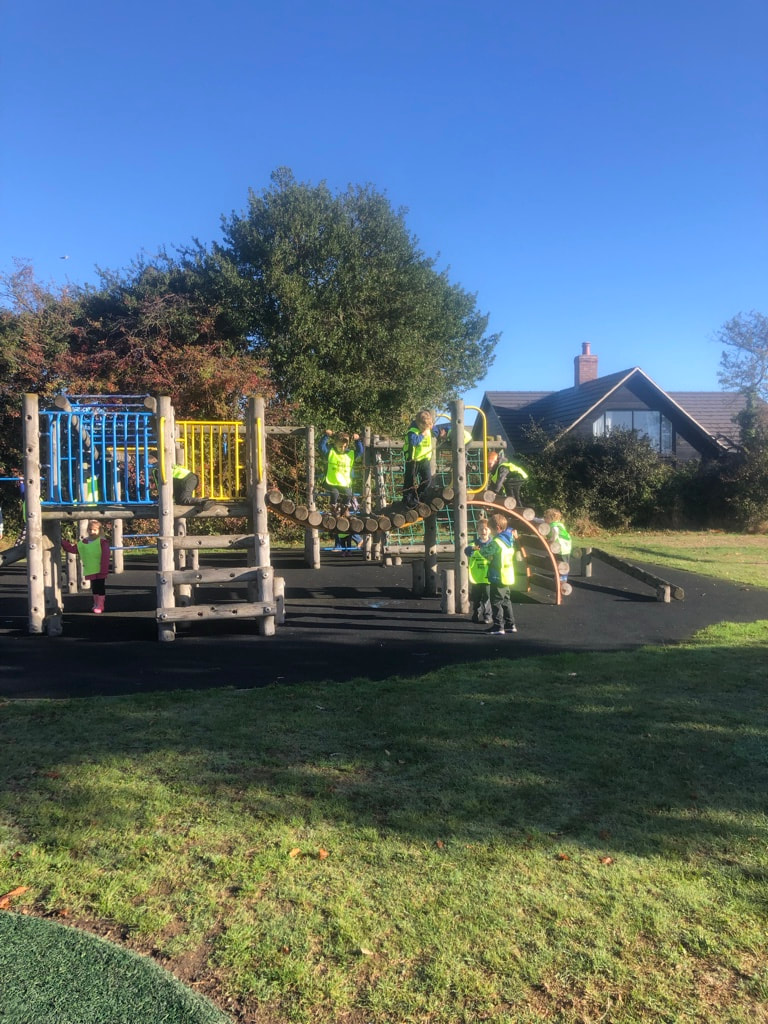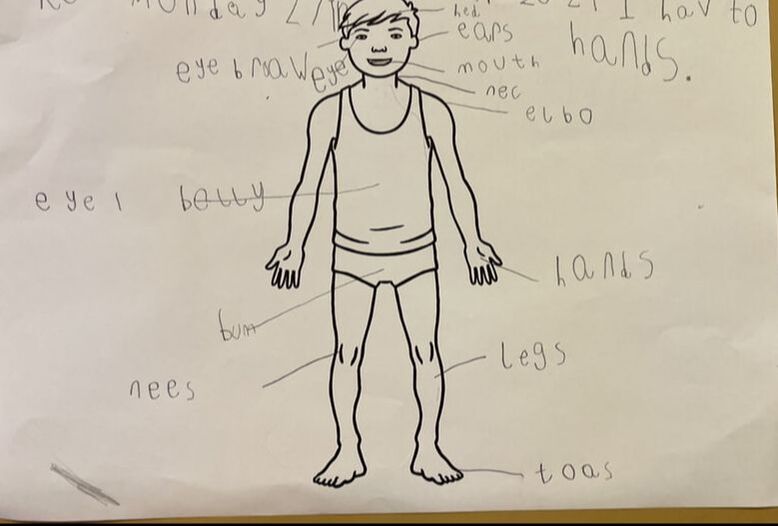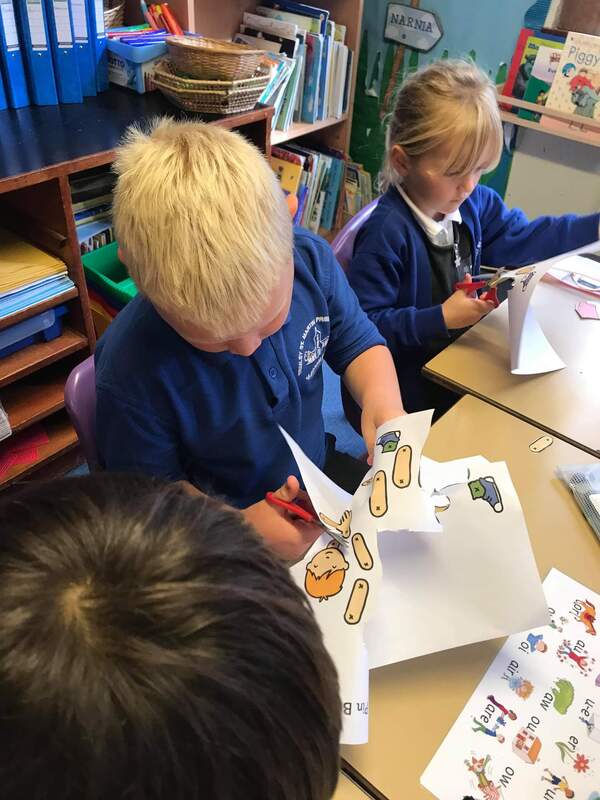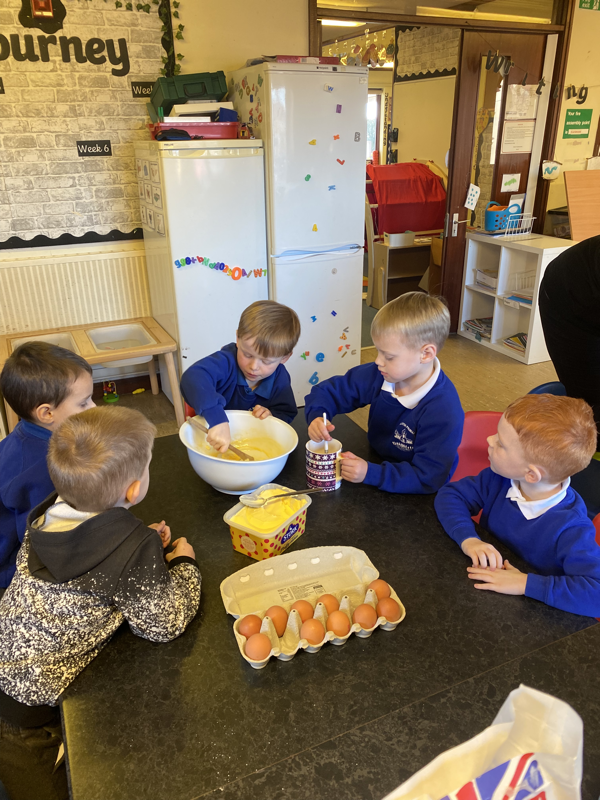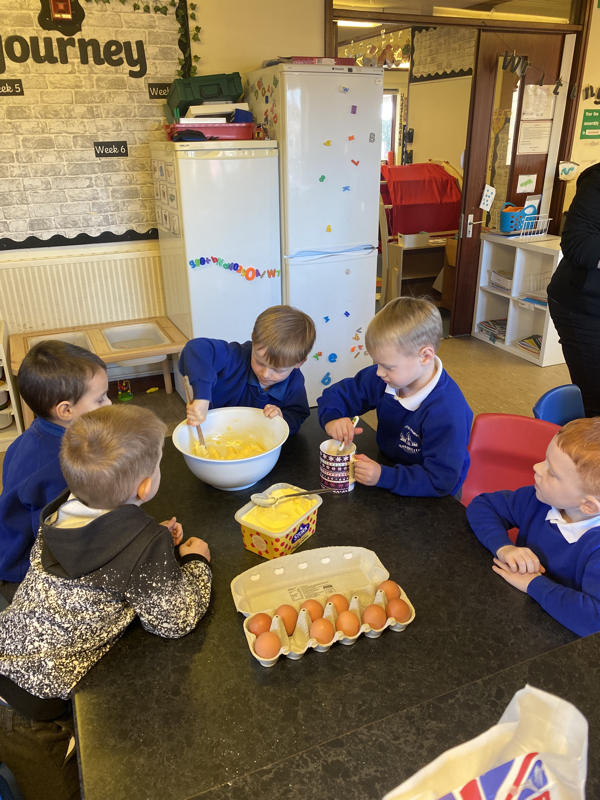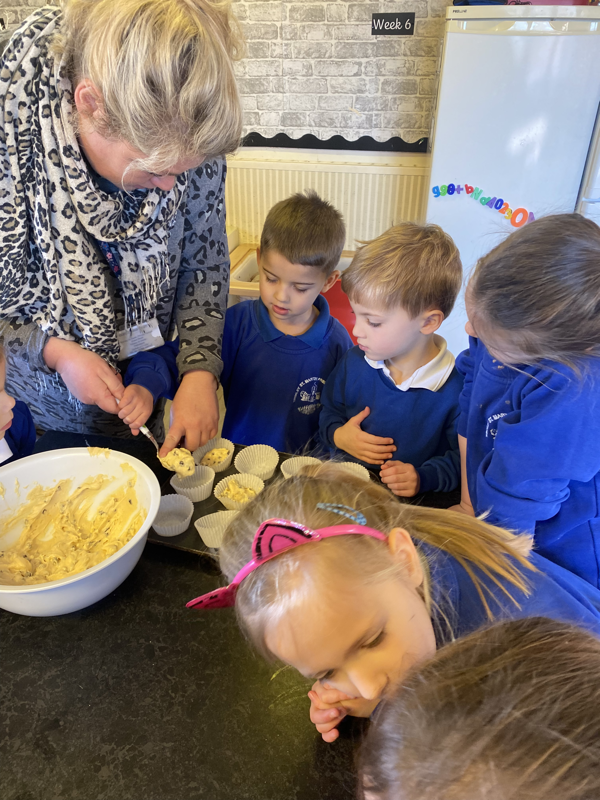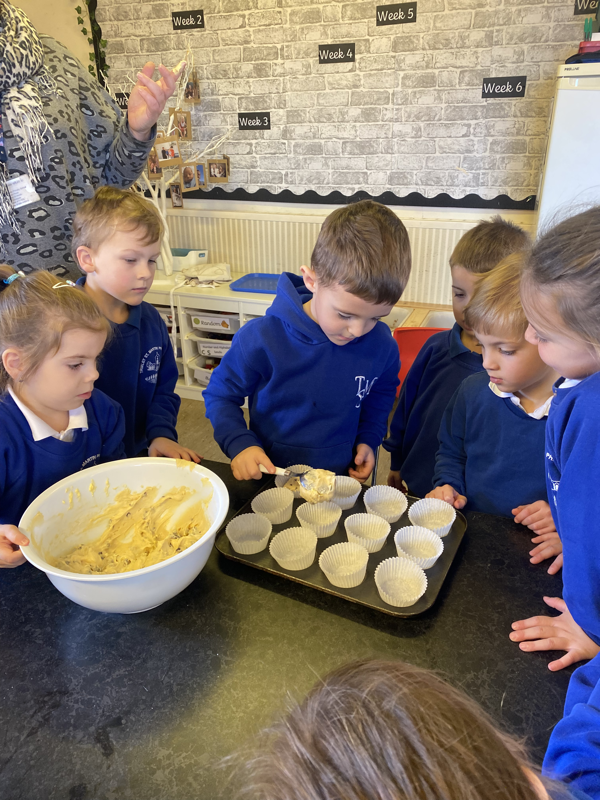Science Curriculum Page
If you have any questions about Science - speak to Mrs Hayter, the Science Lead
If you have any questions about Science - speak to Mrs Hayter, the Science Lead
intent
At Trimley St Martin Primary school, we believe that a high quality science education provides children with the foundations for understanding the world around them. Science has changed the world we live in and is vital to the world’s future prosperity. Our aim is create scientists of the future by teaching children essential aspects of knowledge, methods processes and uses of science.
Through building up a foundation of knowledge, concepts and a love of learning, children will be able to explain what is occurring, predict how things will behave and analyse causes. Science in our school is about developing children’s ideas and ways of working through investigation which enable them to make sense of the world around them through investigation, as well as using and applying knowledge and skills.
Through building up a foundation of knowledge, concepts and a love of learning, children will be able to explain what is occurring, predict how things will behave and analyse causes. Science in our school is about developing children’s ideas and ways of working through investigation which enable them to make sense of the world around them through investigation, as well as using and applying knowledge and skills.
Using our Investigative Curriculum Cycle approach, the staff at TSM ensure that children are exposed to high quality teaching and learning experiences. Children explore concepts and the world around them by developing their scientific enquiry and investigative skills. They are immersed in scientific vocabulary, which aids children’s knowledge of not only the topic they are studying, but of the world around them. We aim to inspire our pupils to become our next generation of scientists and to develop an understanding of the varied aspirations and careers within science available to our pupils when they become adults. We intend to provide all children, regardless of ethnic origin, class, gender or disability, with a broad, balanced, progressive and exciting science curriculum.
implementation
As well as ensuring high standards of teaching and learning in science, we implement a curriculum that is progressive throughout the whole school.
Our curriculum is taught in discrete subjects, as outlined in a long term plan. This ensures progression through year groups and coverage of all of the requirements of the National Curriculum.
In EYFS, the teachers plan scientific activities for the children to work on as part of their continuous provision.
In Year 1, children can expect to spend at least an hour a week on Science.
In Year 2, children will spend at least 1.5 hours on Science each week.
In KS2, each class spends 2 hours on Science each week.
Lessons follow materials from Plymouth Science and are also supplemented by a range of other Science teaching resources.
We ensure that all children are provided with rich learning experiences that aim to:
Substantive knowledge is acquired through progressive sequences of work to ensure that pupils are equipped with the essential knowledge needed when working scientifically within the same sequence.
Our curriculum is taught in discrete subjects, as outlined in a long term plan. This ensures progression through year groups and coverage of all of the requirements of the National Curriculum.
In EYFS, the teachers plan scientific activities for the children to work on as part of their continuous provision.
In Year 1, children can expect to spend at least an hour a week on Science.
In Year 2, children will spend at least 1.5 hours on Science each week.
In KS2, each class spends 2 hours on Science each week.
Lessons follow materials from Plymouth Science and are also supplemented by a range of other Science teaching resources.
We ensure that all children are provided with rich learning experiences that aim to:
- Prepare our children for life in an increasingly scientific and technological world today and in the future.
- Help our children acquire a growing understanding of the nature, processes and methods of scientific ideas.
- Help develop and extend our children’s scientific concept of their world.
- Build on our children’s natural curiosity and developing a scientific approach to problems.
- Encouraging open-mindedness, self-assessment, perseverance and developing the skills of investigation.
- Develop the use of scientific language, recording and techniques.
- Develop the use of reading and computing in investigating and recording.
- Make links between science and other subjects.
- Introduce and explore roles and aspirations in science based subjects.
Substantive knowledge is acquired through progressive sequences of work to ensure that pupils are equipped with the essential knowledge needed when working scientifically within the same sequence.
Below is the key coverage from Years 1-6 which children will cover at Trimley St Martin Primary School
| Science Progression Pathways | |
| File Size: | 880 kb |
| File Type: | |
impact
The impact and measure of this is to ensure children not only acquire the appropriate age related knowledge linked to the science curriculum, but also skills which equip them to progress from their starting points, and within their everyday lives.
All children will have:
All children will have:
- A wider variety of skills linked to both scientific knowledge and understanding, and scientific enquiry/investigative skills.
- A love of science and a curiosity to find out more.
- A richer vocabulary which will enable to articulate their understanding of taught concepts.
- High aspirations, which will see them through to further study, work and a successful adult life.
| Science Policy 2023 | |
| File Size: | 1966 kb |
| File Type: | |
Science Week 2024
During the week beginning 24th June, we held our own Science Week.
Year 3 were the first class to try the Key Stage 2 Science Escape Room, which included things they have not only learnt about in Year 3 but will also learn about during the rest of their time in KS2. Mrs Wray reported back that the children thoroughly enjoyed this challenge and 1 group completed it in 55 minutes!
Year 4 were next to try the escape room.- Mrs Macfarlane reported back how much the children enjoyed the challenge!
Royal Society Young People's book prize 2021
|
We have been really lucky to be invited to take part in the Royal Society Young People’s Book Prize 2021. This means we have been sent 6 shortlisted books to review. I have worked with a small group of children from Years 5 and 6 and a separate group of children from Years 3 and 4 to do this. After the children had had the opportunity to look at each of the books, we then discussed which we felt was our overall winner – the book the children found was the most inspirational, easy to read, fun to look at and engaging.
The children took their roles of judges very seriously and were really good at commenting on the books they read each week. They are all really looking forward to being able to have more opportunities to look at the books and I’m sure they will be recommending them to their friends! |
Science At trimley St Martin
Reception
Year 1
This afternoon in our science lesson, we were learning about our sense of smell and animals sense of smell. We learnt that animals sense of smell is a lot stronger/better than humans for a number a different reasons - the main one being so they can sniff out predators or prey.
Mrs Tubby brought in some different items for us to smell that she had put in pots and covered with foil and made some holes in the top. We each had a smell and passed them around. Some of the items smelt stronger than others- some smelt nicer than others too! We had to guess what the smells were (we did a very good job) and then we spoke about which smell was the strongest and which was the weakest.
Great science work Year 1!
Mrs Tubby brought in some different items for us to smell that she had put in pots and covered with foil and made some holes in the top. We each had a smell and passed them around. Some of the items smelt stronger than others- some smelt nicer than others too! We had to guess what the smells were (we did a very good job) and then we spoke about which smell was the strongest and which was the weakest.
Great science work Year 1!
Year 2
|
Today in Science we began our lesson with a game of Articulate! The children loved trying to describe and guess one of our key vocabulary words linked to materials and their properties.
|
We then discussed the invention of the tyre by Dunlop. After that, we completed an experiment exploring how far a ball would bounce off a wall when rolled down the ramp. We had to ensure we kept the ramp the same height to keep the experiment fair. We recorded our results in a table.
|
Year 3
Year 4 |
We are currently learning about forces and magnets in this term’s science unit. This week in our science lesson we tested out different materials for road surfaces to see which ones were the best. We looked to see how smooth the surfaces were for the cars to travel along and how strong they would be.
|
We have been testing out different electric circuits to see which ones worked. We have learnt circuits that run in series and included buzzers and motors.
Year 5 |
In science we have carried on learning about how a baby develops in the womb. The children then created scatter graphs to show the growth in cm. Some children also did a line graphs to show the mass of a developing baby too.
Year 6
Today we started our science lesson with a quiz on Charles Darwin. Over the past few weeks, the children had written questions about Darwin and then found the answers to some of those questions. We then put the questions together in a quiz for everyone to attempt. They showed a good knowledge of Darwin, although they did get a few questions wrong!
|
We then talked about inherited and environmental features - identifying what features we might inherit from our parents and grandparents and what features can be changed (cutting your hair). The children then used Mr Men and Little Miss characters to create offspring for them, using some of the features from the Mr Man and some from the Little Miss character. |
Here are just a few examples of some of the science that has happened at trimley st martin in the past
Year 6 - Electricity
Year 5 - Out of this World
Year 4 - Teeth and Eating
Year 3 - Food and Our Bodies
Year 2 - Material Monster
Year 1 - My Body
Reception - Learning about our bodies

